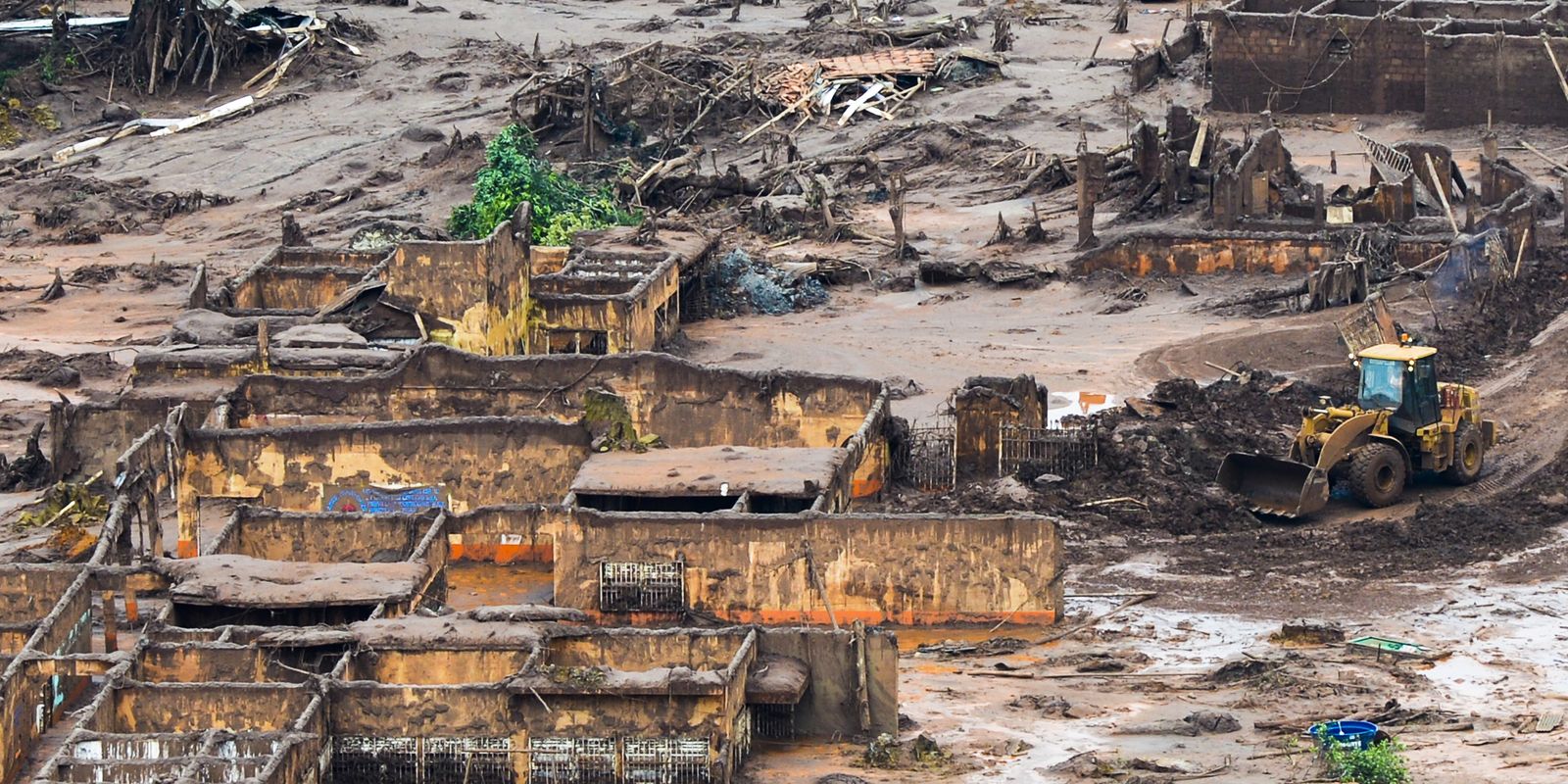The lawsuit against Anglo-Australian mining company BHP Billiton, in the UK, has welcomed 500,000 new plaintiffs. Now there are 700,000 people and entities represented in the lawsuit over the rupture of the Fundão (MG) dam in 2015. The ecological disaster released 39 million cubic meters of tailings in the Marianas (MG), left 19 dead, destroyed entire communities and affected dozens more. From the municipalities along the Rio Doce Basin to its mouth at Espírito Santo. BHP controls along with Vale, the Samarco mining company, which is responsible for operating the dam.
Among the new authors of the process are indigenous and Quilombola communities, corporations, 46 municipalities and states (Minas Gerais, Espiritu Santo, Rio de Janeiro and Bahia), religious institutions and public service agencies. The amount claimed for compensation rose from R$32 billion to R$230 billion. The lawsuit has been pending in England and Wales since 2018, and the claimant is represented by the law firm Pogust Goodhead. The lawsuit was suspended in 2020, when an English judge understood that although BHP’s headquarters are in London, it was up to Brazilian justice to handle the case.
In 2022, the Court of Appeal in England ruled that there was case law in the country. Since then, a new deadline has opened up to February 2023 for authors to be included in the process. The lawsuit is scheduled to go to trial in April 2024.
“Financial compensation will not return our customers to healthier, more prosperous times, nor will it fully repair the damage to the environment. However, if BHP had paid compensation fairly and in a reasonable time, they would have at least done the right thing and adhered to the company values they uphold. Instead, as a result of continued attempts to pervert justice, the miner and its investors are now faced with multiple financial liabilities that are greater than they should be able to bear and prolong the suffering of the victims,” says Tom Goodhead, CEO of the law firm.
Maykon Krenak, a member of the indigenous Krenak community, is one of the authors of the process and says that even today those who live on the banks of the Rio Doce are suffering from the results of the dam’s rupture.
“The BHP came to my house, took my food, dirty my water and tried to erase our identity. We want justice.”
Created to administer programs and procedures to repair damages from the 2015 disaster, the Renova Foundation reported that as of January this year it had paid R$13.7 billion in compensation and emergency financial aid to more than 410,000 people.
BHP Billiton said, in a note, that it completely refutes the job applications. “The lawsuit filed in England is unnecessary because it duplicates issues already covered by the ongoing work of Renova and/or the subject matter of ongoing litigation in Brazil. The proceeding in the UK is still in its preliminary stage. Full details and figures regarding the new plaintiffs and their claims have not been made available. Yet to the English Court or BHP”.
The company also says it has asked for leave to appeal to the English High Court against continuing the case in the country. But there has been no response yet. In the meantime, he says he’s working in collaboration with Samarco and Vale on repair programmes.

“Food fanatic. Organizer. Hipster-friendly tv specialist. Avid reader. Devoted web ninja.”


:quality(70)/cloudfront-us-east-1.images.arcpublishing.com/metroworldnews/RTCV5WFOYFFNDG3LQYIBTNXMDI.jpg)